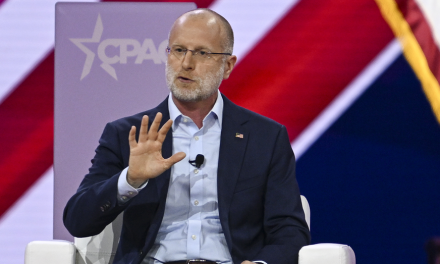Hillary Clinton has made a compelling case for increased content moderation on social media platforms, asserting that without it, society risks losing control over the dissemination of information. Speaking at a recent event, the former U.S. Secretary of State and 2016 presidential candidate emphasized the critical role these companies play in shaping public opinion and the urgent need for intervention to prevent the spread of misinformation.
In her remarks, Clinton highlighted the pervasive impact of unregulated content, pointing to examples where misinformation has influenced election outcomes and public health crises. Drawing on her extensive experience in politics and governance, she noted that unchecked social media platforms can amplify false narratives, often leading to real-world consequences that are detrimental to democracy and individual well-being.
Clinton stressed that while the internet has democratized information, it also poses a significant challenge when it comes to ensuring the accuracy and reliability of content. With millions of users actively sharing and consuming information, the speed at which false information can spread is unprecedented. This rapid dissemination can distort public perception and decision-making processes, making it increasingly difficult for individuals to discern fact from fiction.
The solution, according to Clinton, lies in a balanced approach where social media companies take a more active role in moderating content. She argued for the implementation of robust algorithms and fact-checking systems that can swiftly identify and flag misinformation. Clinton also called for greater transparency in how these platforms operate, urging companies to be forthright about their policies and the steps they are taking to address this pressing issue.
Moreover, Clinton advocated for collaboration between tech companies, governments, and civil society to create a comprehensive framework that protects free speech while curbing the harmful effects of misinformation. She emphasized the necessity of developing strategies that can adapt to the rapidly changing digital landscape, ensuring that social media serves as a force for good rather than a conduit for chaos.
Clinton’s comments ignite a broader debate concerning the balance between free expression and responsible content curation. As social media continues to play a pivotal role in how people communicate and receive information, questions surrounding regulation and ethics become increasingly pertinent. While some advocate for minimal intervention to protect freedom of expression, others echo Clinton’s call for stringent measures to safeguard truthful discourse.
In summary, Hillary Clinton’s address serves as a rallying cry for action in the realm of social media content moderation. As misinformation threatens to destabilize societal norms and values, the dialogue around how best to manage and contain it is more critical than ever. Clinton’s proposals underscore the importance of intentional and informed efforts to ensure that social media remains a space for legitimate and constructive exchanges.































